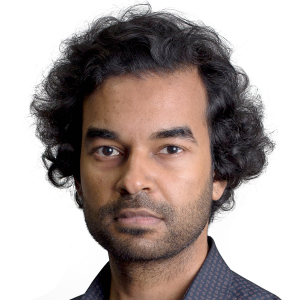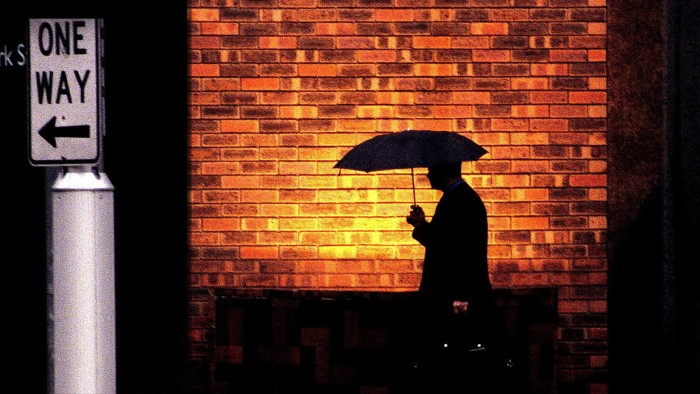Knowing what you want is the ultimate life skill


Simply sign up to the Life & Arts myFT Digest -- delivered directly to your inbox.
You aren’t sure that a career in shipping law is for you. You begin a career in shipping law. An inner voice says you won’t enjoy marriage. Another says you’ll grow into it. You marry. Parenthood? It is freedom-killing, but it does enrich one’s time on Earth. You become a parent, on the understanding that a second child would be too much, probably. A second child arrives. (And look, twins!) That private school across town is extortionate, but the pastoral care is first-class, though it is extortionate. You put the eldest’s name down. None of these decisions really feel like yours. Perhaps the consequences won’t be yours either.
No such luck. At that age now where the life choices of some peers are souring, I search for a theme, perhaps even a lesson, in the sadness. And increasingly find one: knowing what you want is the most important life skill. It is worth more than either talent or hard work. It is almost worth as much as luck. Have it, and disappointment is still probable, but on your own terms. Lack it, and you will be done to and acted upon. You will be the creature of events.
Ian McEwan’s new novel Lessons, his best if also his most digressive since Atonement, is about a man to whom life happens. Such is his ambivalence about things, his indecision, that he can’t settle his view on the central event of his life: his affair as a 14-year-old with a woman in her twenties. It was, on her part, a crime. She herself believes it denied him what should have been an illustrious career as a pianist. “She had given him joy,” though. McEwan’s refusal to be black-and-white about it is the most subversive thing he has written since his gothic early work. Ambiguity has its place in art.
As a life strategy, it is ruinous. Among the defects and oversights of the self-help industry is that it dwells on the How. It has less to say about the What. All the life hacks in northern California assume you have an end to which to put them. “Follow your purpose”, comes the cry, as though the audience has resolved what that is.
It is natural to regard the opposite of a bachelor as being an uxorious father of four who splits his time between the Deloitte office and a life to which he can picture no tolerable alternative. But these men are versions of the same certitude: they both knew what they wanted, even if their plans were antithetical. The real Other, and victim, is the type who gets carried along. Lessons holds out the possibility that what doomed its main character to a disappointing life was not his early sexualisation. (McEwan, an empiricist, won’t like the easy cause-and-effect of psychotherapy.) It was a pre-existing tendency to vacillate.
With the exception of 2020 — and even that had its moments, what with the Russian romance and all that reading — I have liked each of the last 17 years a bit more than the last. It isn’t a noble or profound life but it is fun, tranquil and so far in excess of childhood expectations as to still feel alien.
How has it been achieved? I have a useful brain but nothing special. I have had some good luck, but not before I had some bad luck. As for hard work, I am of the Reagan view that while it never killed anyone, why take the chance?
I have but one superpower: knowing my own mind. For whatever reason, I always had a picture of the life I wanted, down to the specific neighbourhood. (In fact, down to five or so streets.) So: no misdirected energies, no wasted time.
A “skill”, I called this, but the tragedy is that it is no such thing. You can no more learn to know what you want than learn to believe in God or find someone attractive. It appears to be a species of luck. And the best kind. With it, you will often fail to get what you want. But you won’t succeed in getting what you didn’t want, which is much worse, and less reversible.
Email Janan at janan.ganesh@ft.com
Find out about our latest stories first — follow @ftweekend on Twitter
Letters in response to this column:
Essay on life skills was both poignant and familiar / From Jane Maitland, Executive Coach, Nailsworth, Gloucestershire, UK
Remember those living day to day, dollar to dollar / From Peter Mallon, Dublin, Ireland
Comments